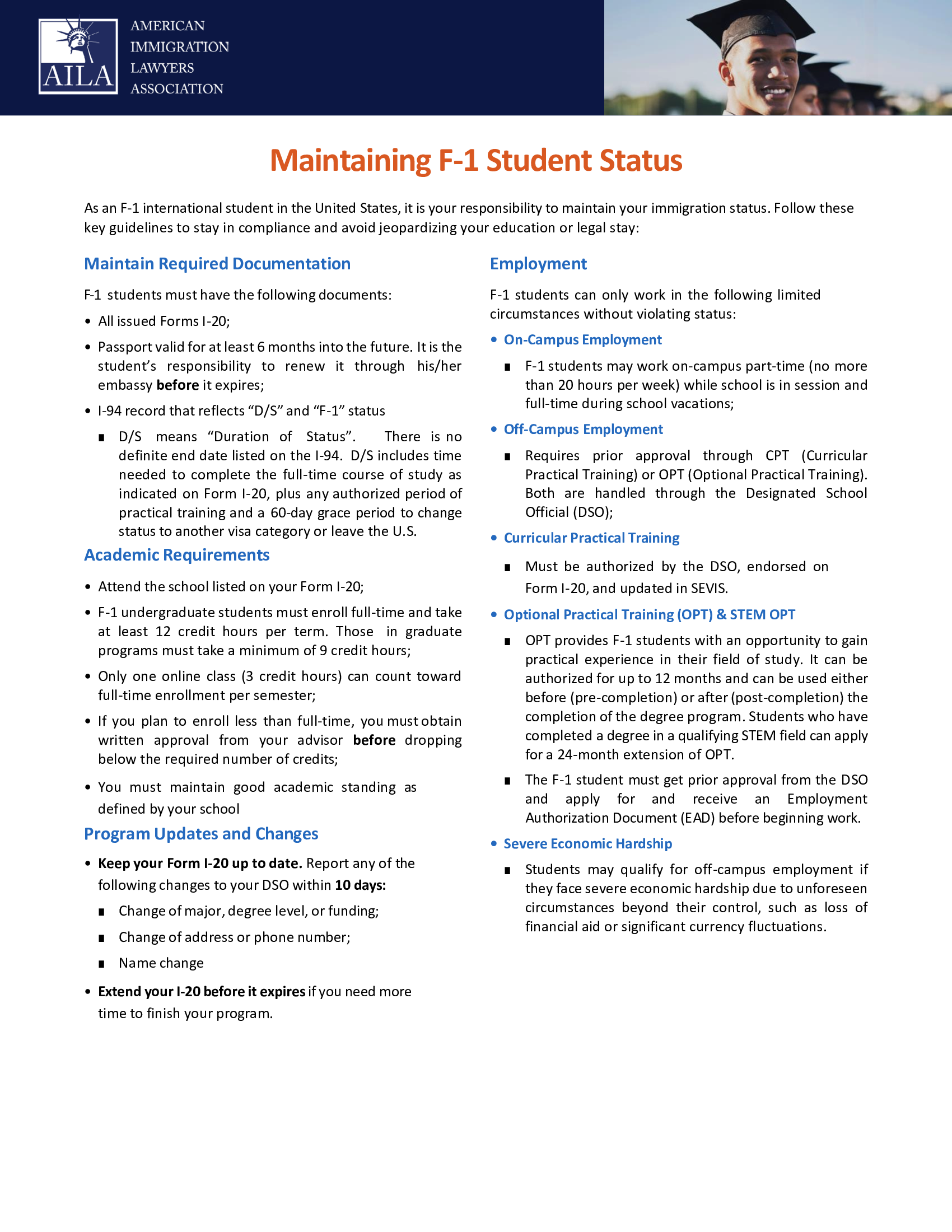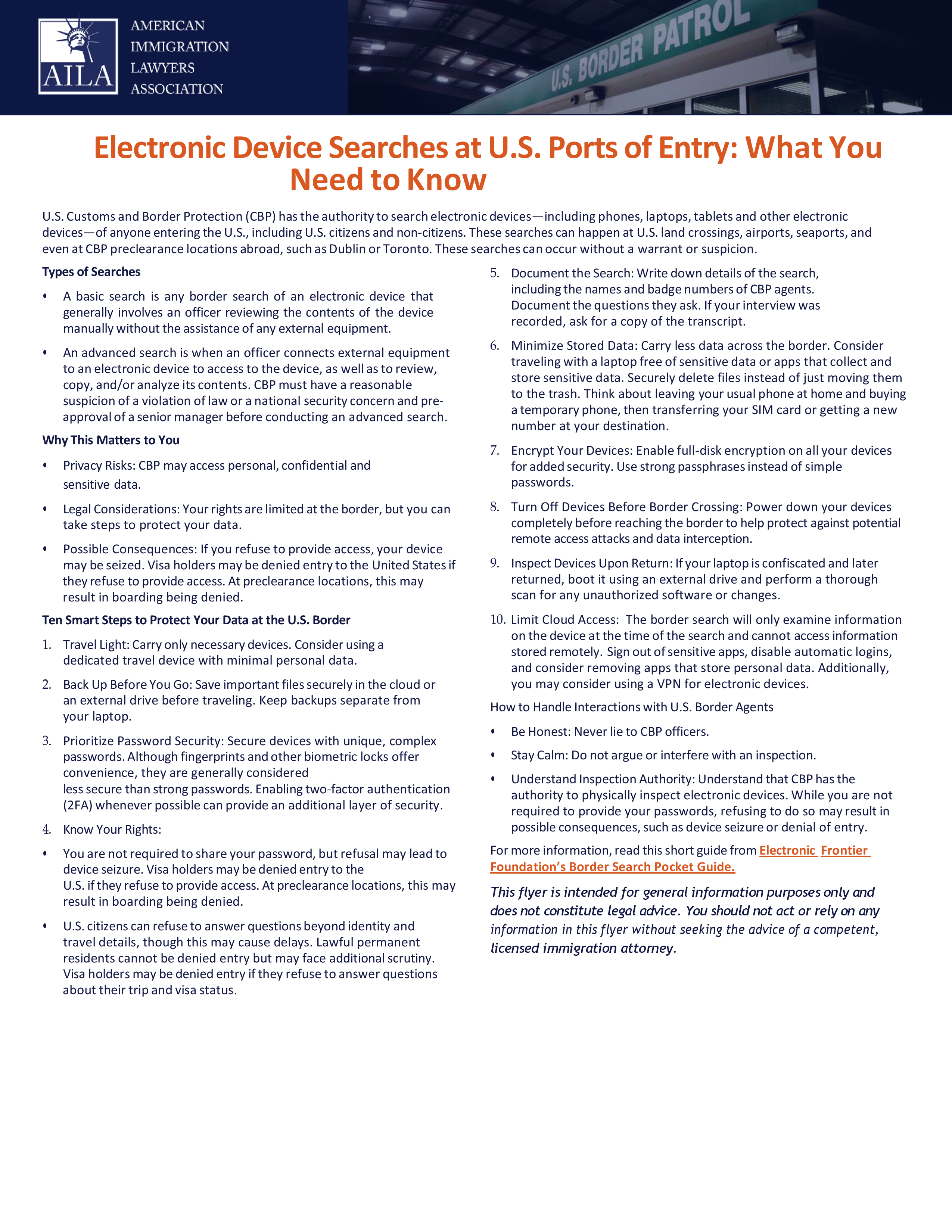Alien Registration Requirement Goes Into Effect April 11, 2025
Travel Ban List Proposed by the Trump Administration
Electronic Device Searches at U.S. Ports of Entry
How to Correct I-94 Document Errors
How to Find the Best Immigration Attorney for Your Needs
During the immigration process, you’ll be required to fill out quite a bit of paperwork. You’ll also have to file that paperwork, prepare for complicated situations, deal with immigration officials and handle several smaller tasks – and the process can be difficult, especially if you’ve never done it before. For most people, that means finding the best immigration attorney they can. Here’s how you can do that, too.
How to Find the Best Fort Worth Immigration Attorney for Your Needs
When you’re searching for an immigration attorney, you may be looking for someone who has certain characteristics. Maybe you want someone who’s quick to return your phone calls; perhaps you want a lawyer who’s known for efficiency. No matter what you’re looking for, though, here’s how you can find the best immigration attorney for your needs:
- Make sure the attorney you’re interested in working with is a member of the American Immigration Lawyers Association
- Interview your potential attorney
- Check the attorney’s credentials
Here’s a closer look at each step.
#1. Check AILA 
The American Immigration Lawyers Association is the only legal association in the U.S. that’s specifically for immigration attorneys. Because it has limited membership – only 15,000 attorneys across the U.S. are part of it – it’s a great way to ensure that the attorney you’re working with is the right kind of professional for you. (You can view Susan E. Lane’s profile on AILA here.)
#2. Interview Your Attorney
It’s always okay to interview an attorney before you make a hiring decision. Call to schedule a consultation where you can ask things like:
- How many cases like mine have you handled in the past?
- How long have you been practicing immigration law?
- Is a significant portion of your practice dedicated to these types of cases?
- What are the possible outcomes of my case?
- What’s the best way to communicate with you?
- How will you keep me updated on my case?
- What is your fee structure like?
The attorney’s answers to these questions – as well as to any case-specific questions you have – will help you make a determination. Ideally, your lawyer will have significant experience in the areas where you need help, such as family immigration or employment-based immigration.
#3. Check Credentials
Look for an attorney who has a wide range of experience and the credentials necessary to make you feel comfortable. For example, membership in organizations such as the American Immigration Lawyers Association can tell you that an attorney is dedicated to this area of law specifically. You also want an attorney who holds membership in prestigious organizations such as the State Bar of Texas, the Tarrant County Bar Association or other associations.
Do You Need to Talk to an Immigration Attorney?
If you need to talk to an immigration attorney, we can help. We’ll be happy to answer your questions and talk about possible outcomes of your case. Call us today to schedule your consultation – you’ll be glad you did.





